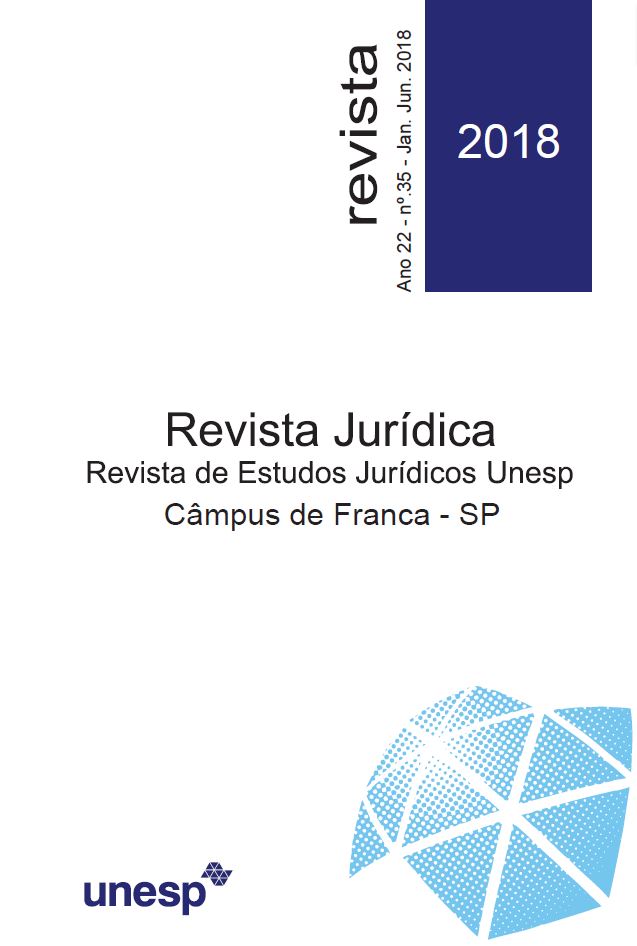Artigos mais lidos pelo mesmo(s) autor(es)
- Valéria Silva Galdino Cardin, JAMILLE BERNARDES DA SILVEIRA OLIVEIRA DOS SANTOS, INTERSEXUALIDADE: RECONHECIMENTO DO TERCEIRO SEXO À LUZ DOS DIREITOS DA PERSONALIDADE , Revista de Estudos Jurídicos da UNESP: v. 24 n. 39 (2020): Revista de Estudos Jurídicos UNESP
























